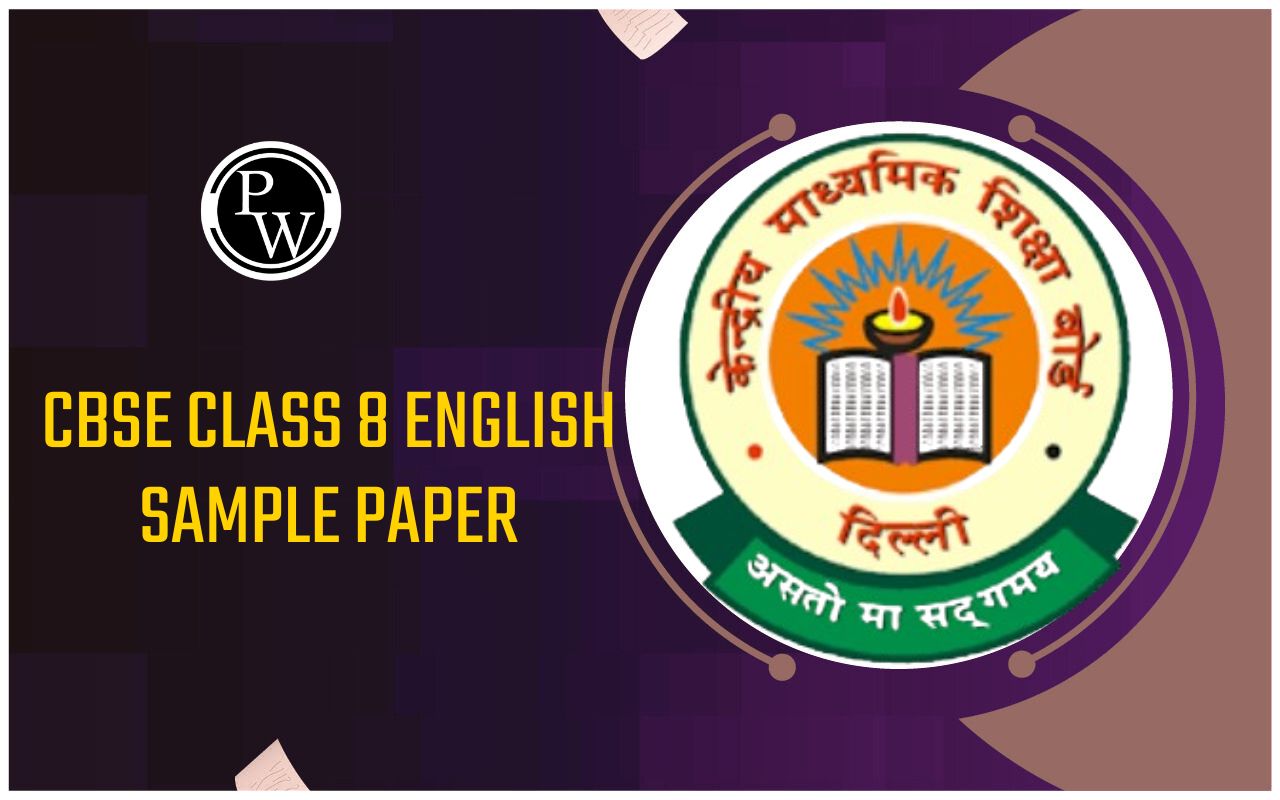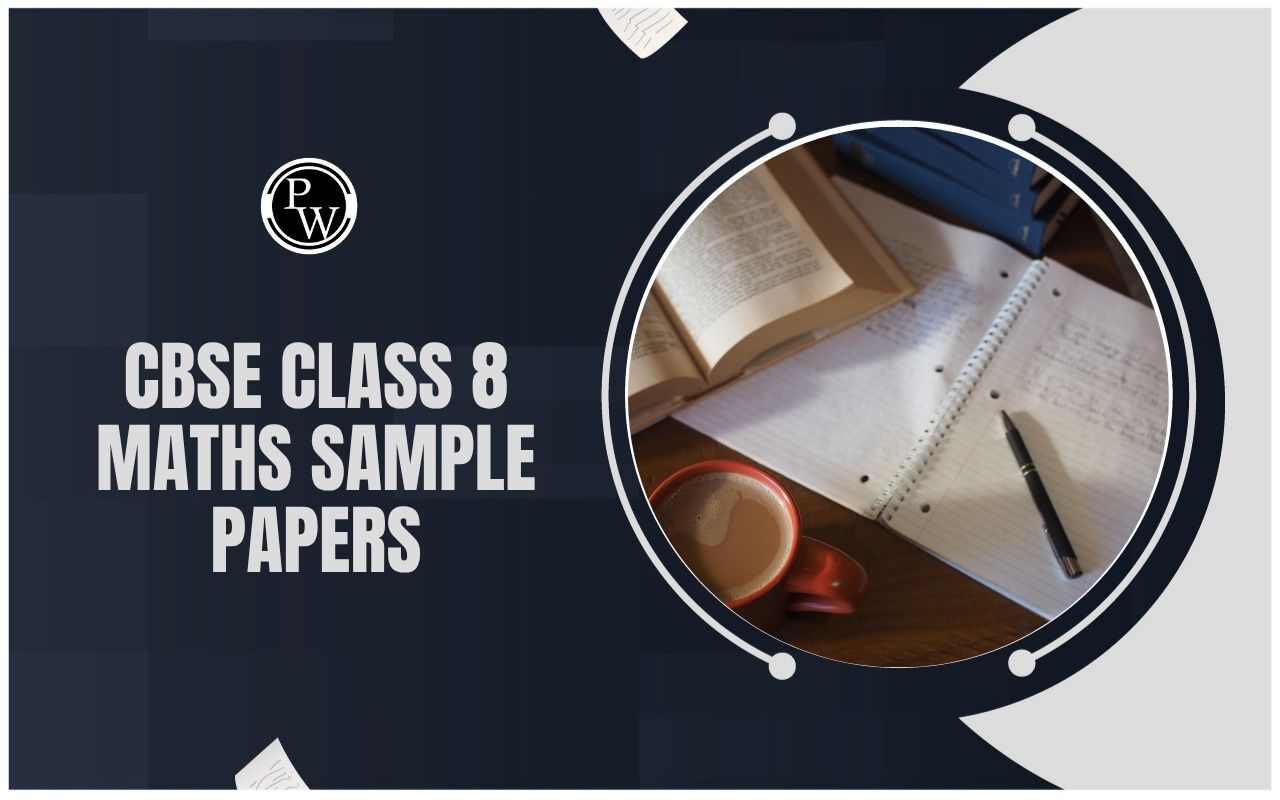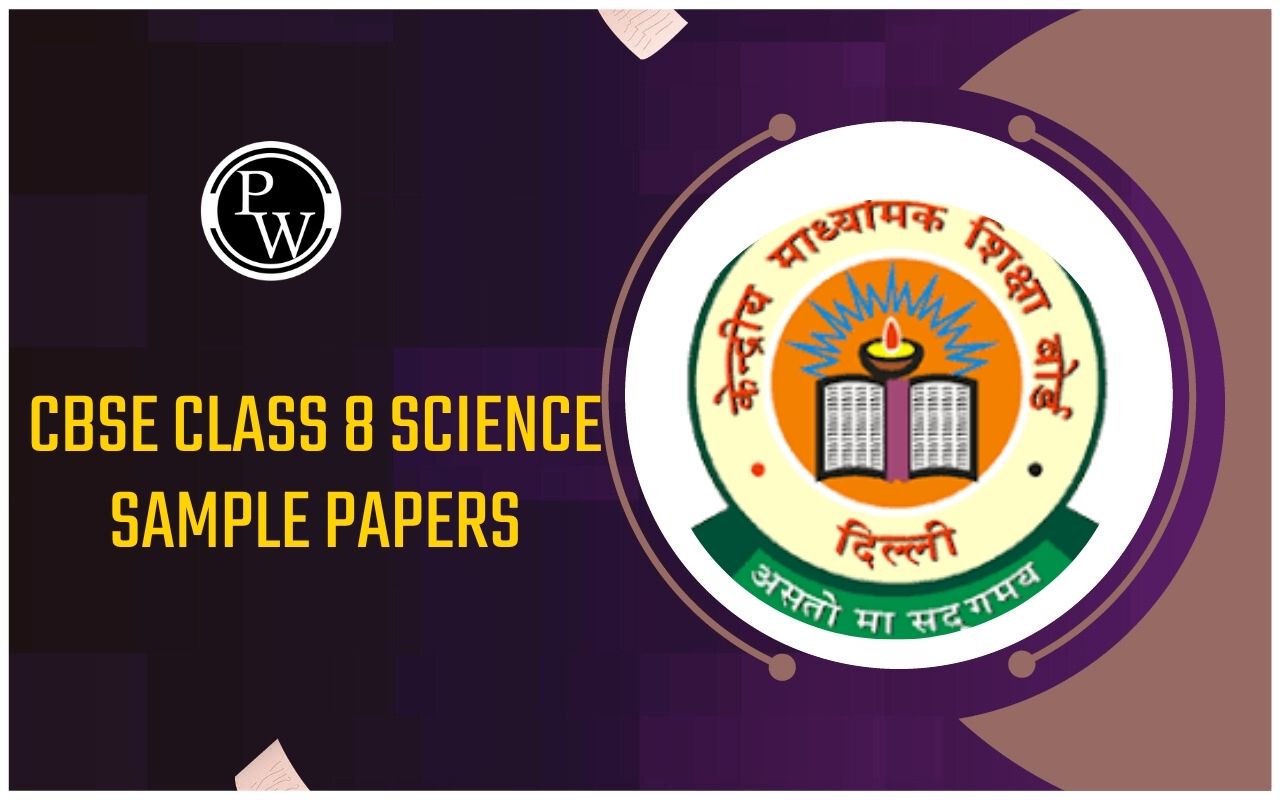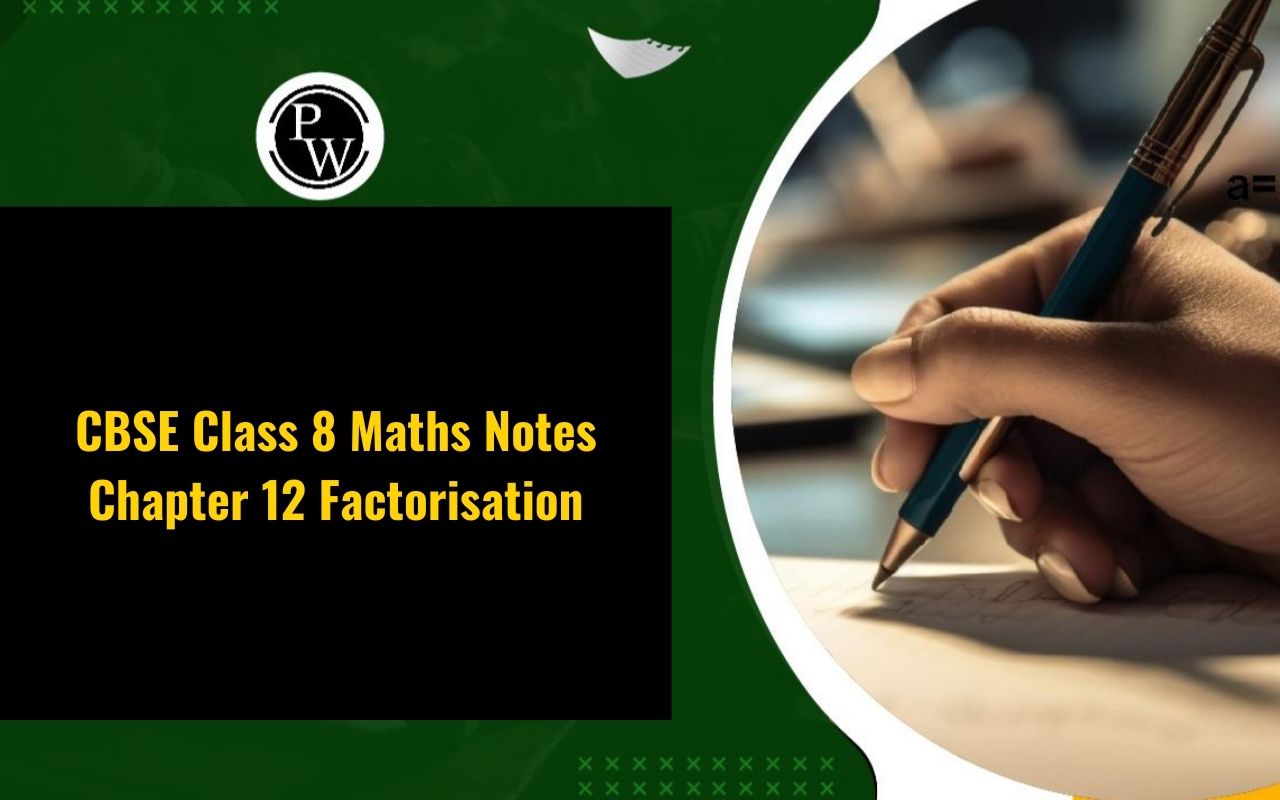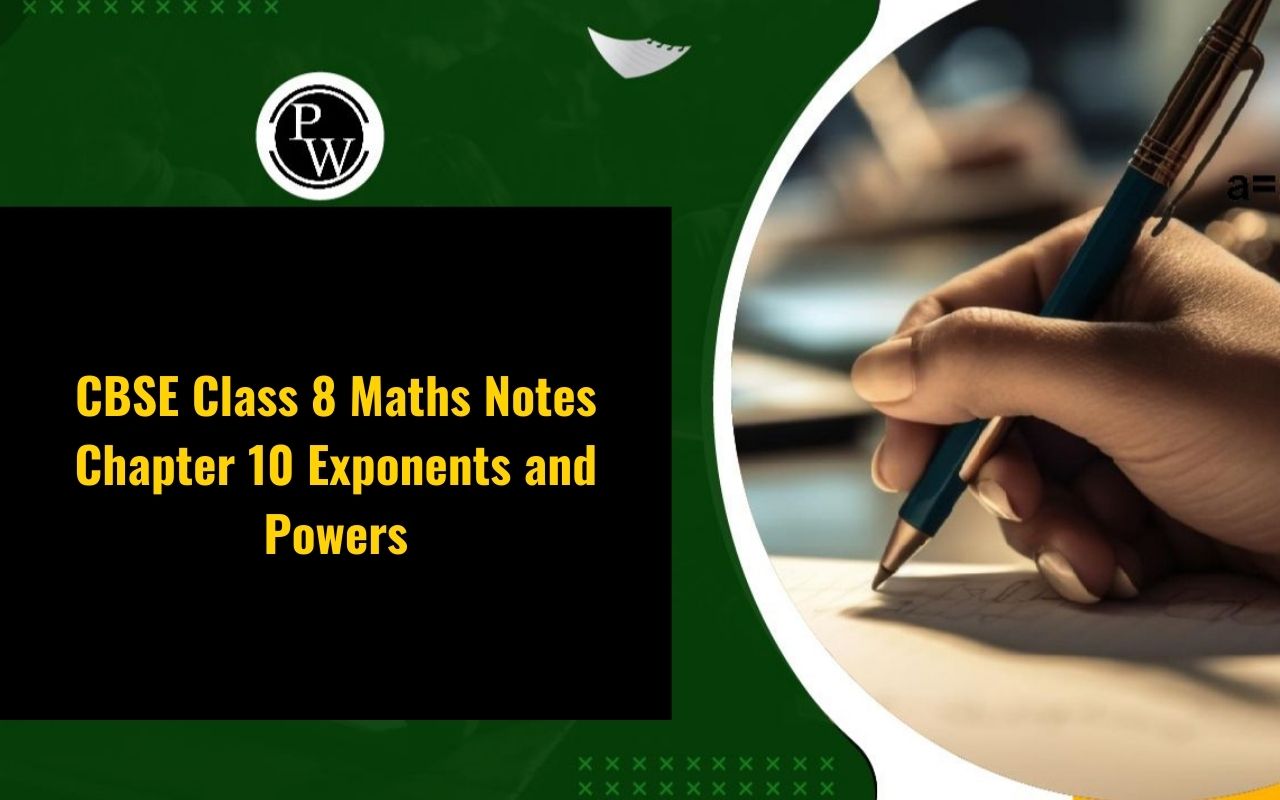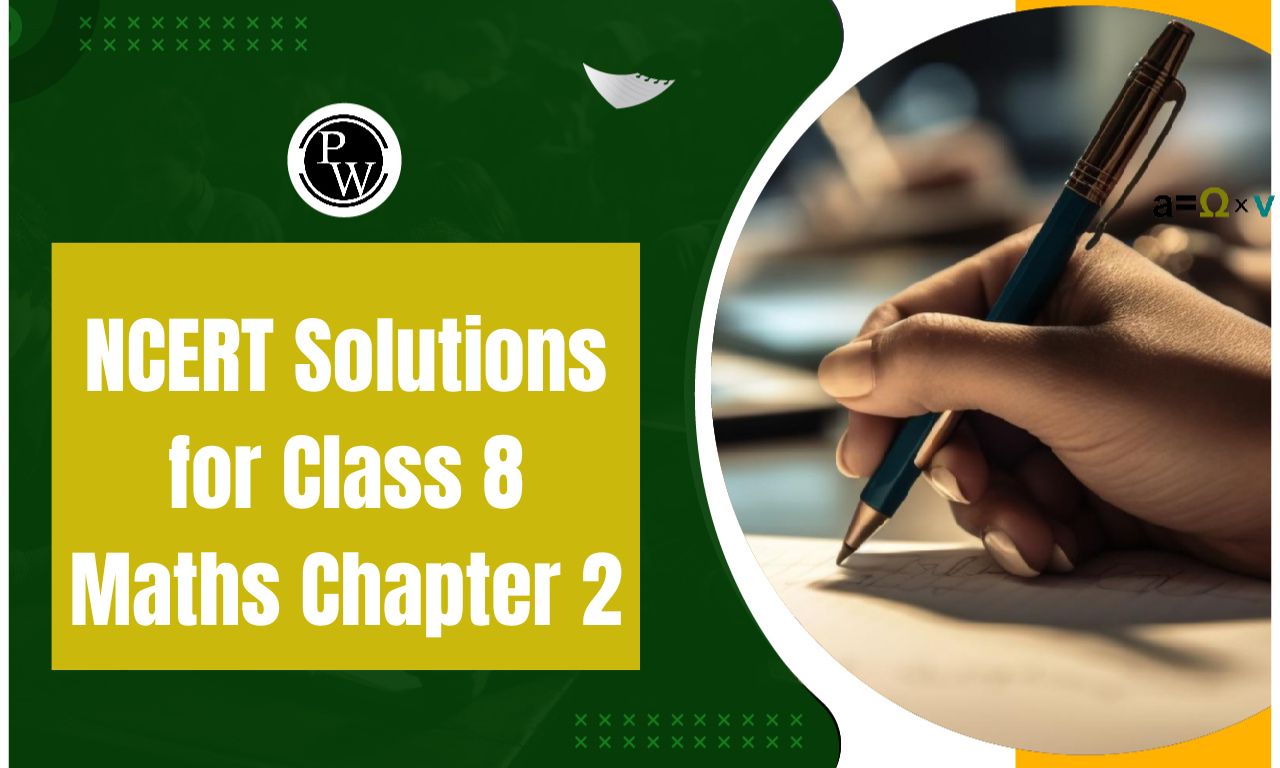
NCERT Solutions for Class 8 Social Science Civics Chapter 8: This section on law and social justice is meant to assist students in getting ready for their board exams. The answers to eight questions are provided in NCERT Solutions Class 8 Civics Chapter 8 Law and Social Justice. Students are asked to answer the final two questions so they can go deeper into the subject.
Students can more readily obtain the solutions because NCERT Solutions includes answers to all of the problems. They will become accustomed to response writing techniques by using the answers found in the Solution PDF. Additionally, it will aid students in developing a deeper understanding of the subject. NCERT Solutions are precise and simple to grasp.NCERT Solutions for Class 8 Social Science Civics Chapter 8 Overview
In order to safeguard individuals from exploitation, the government enacts legislation and works to minimise unfair behaviours in the marketplace. But passing legislation alone is insufficient. It also has to be enforced. The government is responsible for making sure these laws are followed. When the goal of the law is to defend the vulnerable against the strong, enforcement takes on even greater significance. The government can ensure social justice by regulating the actions of private enterprises or individuals through the creation, enforcement, and maintaining of these laws. However, the fundamental rights protected by the Indian Constitution serve as the foundation for many of these laws. One such right is the Right against Exploitation, which declares that no one may be forced to work for meagre pay or be a slave. Comparably, "no child below the age of 14 years" shall be employed to labour, according to the Constitution. You will read about the following:- How laws are played out in practice
- To what extent do laws address the social justice concerns of the people?
- The Bhopal Gas Tragedy
- What are workers worth?
- Enforcement of Safety Laws
- New laws to protect the environment.
NCERT Solutions for Class 8 Social Science Civics Chapter 8 PDF
Here we have provided NCERT Solutions for Class 8 Social Science Civics Chapter 8 for the ease of students so that they can just download the pdf and use it easily without the internet. These NCERT Solutions for Class 8 Social Science Civics Chapter 8 will help students understand the chapter better.NCERT Solutions for Class 8 Social Science Civics Chapter 8 PDF
NCERT Solutions for Class 8 Social Science Civics Chapter 8
Here we have provided NCERT Solutions for Class 8 Social Science Civics Chapter 8 for the ease of students so that they can prepare better for their exams.1. Talk to two workers (For example, construction workers, farm workers, factory workers, workers at any shop) to find out if they are receiving the minimum wages laid down by law.
Students have to do this by themselves.2. What are the advantages to foreign companies in setting up production in India?
The following are the benefits for international businesses looking to establish production in India:- India attracts foreign businesses due to its inexpensive manpower. Companies pay significantly more to employees in other nations than they do to employees in India when it comes to wages.
- Low pay and lengthy workweeks.
- Minimum extra costs, like worker housing. As a result, businesses can reduce expenses and increase profits.
- Other riskier methods of saving costs include degrading working conditions and reducing safety precautions.
3. Do you think the victims of the Bhopal gas tragedy got justice? Discuss.
The Bhopal gas accident victims received some financial recompense, but justice was not served. It was brought on by the plant management's flagrant disregard for safety precautions. In order to seek compensation for those impacted, the government spoke on behalf of the populace. The corporation barely paid 470 million of the $3 billion in compensation that the government had asked. Even now, after countless tears have been shed over the tragedy, some individuals are still looking for justice. Too many victims continue to lack access to jobs, healthcare, and clean drinking water. The money received as compensation is of no use to many persons who were permanently injured. Therefore, it can be concluded that justice was not served to the victims of the Bhopal gas tragedy.4. What do we mean when we speak of law enforcement? Who is responsible for enforcement? Why is enforcement so important?
To enforce the law is to practise law enforcement. Enforcement is the province of the government. When the goal of the law is to shield members of the weaker groups from the strong and powerful, enforcement plays a crucial role. Enforcement is necessary to guarantee that all workers receive equitable compensation. Workers who are weak or impoverished are compelled to accept low pay out of fear of losing their future earnings or suffering retaliation. Employers take advantage of this to underpay their employees. Enforcing the law is essential in these situations.5. How can laws ensure that markets work in a manner that is fair? Give two examples to support your answer.
Laws shield the populace from unethical behaviour, ensuring that markets function fairly. These are the two instances: Child Labour Prevention Act: This legislation prohibits hiring children under the age of 14 for hazardous jobs such as working in mines or factories. Right against Exploitation: According to this legislation, no one may be made to labour as a slave or for meagre pay. Additionally, the government has enacted legislation to ensure that necessities like sugar, paraffin, and food grains are not excessively expensive. Such limitations must be placed on those who are promoting these kinds of things in order to make these items affordable for those from lower socioeconomic backgrounds.6. Imagine yourself to be a worker working in a chemical factory, which has received orders from the government to move to a different site 100 kms away from the present location. Write about how your life would change? Read out your responses in the classroom.
Students should do this exercise with the help of the teacher7. Write a paragraph on the various roles of the government that you have read about in this unit.
The following roles are filled by the government:- Ensuring public utilities such as water supply, sanitation, and healthcare prevents private businesses from taking over.
- upholding the prohibitions on child labour laws.
- setting the minimum salary for employees and periodically updating it.
- implementing regulations pertaining to occupational safety.
- implementing legislation pertaining to environmental safety.
- safeguarding customer interests from standardised products and excessive price.
- imposing penalties on organisations that violate environmental protection regulations.
8. What are the sources of environmental pollution in your area? Discuss with respect to (a) air; (b) water and (c) soil. What are the steps being taken to reduce pollution? Can you suggest some other measures?
The following are some of the different sources of environmental contamination in our area: (a) The primary cause of air pollution is smoke from industry and gasoline-and diesel-powered cars. (a) Chemical fertilisers and waste from homes, businesses, and farms are the primary sources of water pollution. (c) Human waste dumping, industrial waste, pesticides, and fertilisers needed to cultivate crops all contaminate soil. The following is a list of actions performed to lessen pollution:- A number of rules have been put into effect to control pollution in the environment.
- encouraging the use of CNG cars to cut down on air pollution.
- strict penalties for businesses that break environmental rules.
9. How was environment treated earlier? What has been the change in perception? Discuss.
There were no limitations on who or what kind of industry may contaminate the environment since it was viewed as a "free" entity. In India, there were hardly any legislation pertaining to environmental preservation. Environmental protection received no consideration from the government either. The current view is different. The government has enacted a number of legislation, such the Swachh Bharat Abhiyan, to preserve and safeguard the environment. Numerous rulings by the courts have upheld the right to a healthy environment as an essential component of the basic right to life. To control pollution and maintain clean rivers, numerous regulations and protocols have been developed. Those who damage our priceless ecosystem may potentially be fined by the government.Benefits of NCERT Solutions for Class 8 Social Science Civics Chapter 8
NCERT Solutions for Class 8 Social Science Civics Chapter 8, titled "Law and Social Justice," are beneficial for students in several ways:- Comprehensive Coverage : The NCERT solutions provide a comprehensive coverage of the chapter, addressing all important topics and concepts related to law and social justice.
- Clear Explanations : They offer clear and concise explanations of key concepts such as rights, laws, social justice, and the role of the judiciary. This clarity helps students understand complex legal and social issues.
- Question-Answer Format : The solutions include answers to the exercises and questions given in the textbook. This helps students practice and understand how to structure their answers effectively.
- Exam Preparation : NCERT solutions are invaluable for exam preparation. By practicing with these solutions, students can familiarize themselves with the types of questions that may be asked in exams and improve their answering techniques.
- Revision Aid : They serve as an excellent revision tool. Students can revisit the solutions to revise important points before exams or to clarify doubts that may arise during self-study.
- Teacher's Resource : Teachers can also use NCERT solutions as a guide for teaching the chapter. They provide insights into how to explain concepts effectively and engage students in discussions about law, rights, and social justice.
NCERT Solutions for Class 8 Social Science Civics Chapter 8 FAQs
What is social justice class 8 short answer?
What is the name of chapter 8 of class 8 civics?
What is law and justice class 8?


